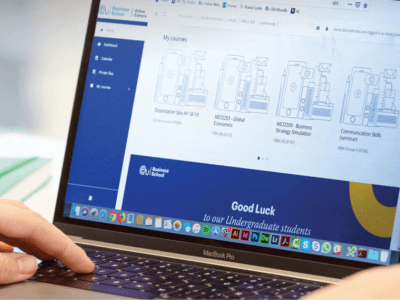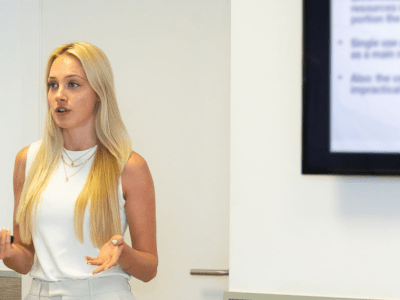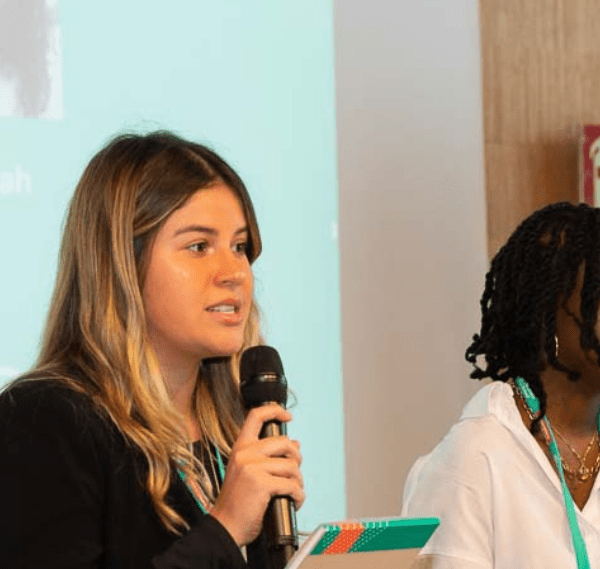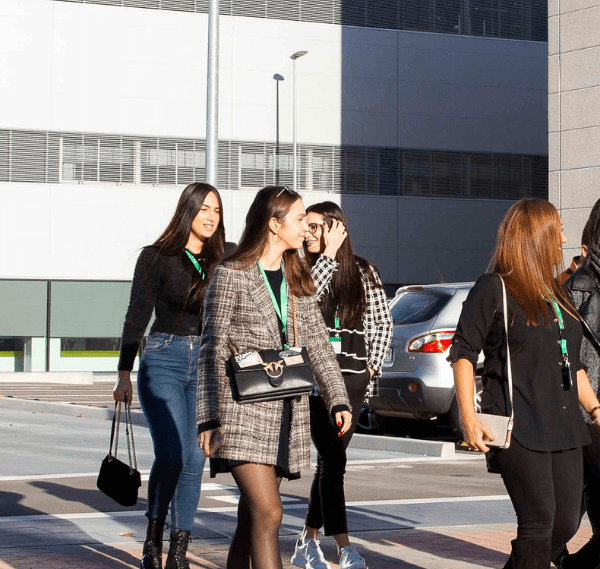Sustainable Development has been defined by the United Nations as “development that meets the needs of the present without compromising the ability of future generations to meet their own needs”. To safeguard our planet this approach must be adopted across industries.
Not only that, but ever-increasing numbers of consumers expect brands to solve the challenges facing our world as well as supply the products and experiences they want and need. Students and entrepreneurs who hope to flourish should seek opportunities to solve environmental or social challenges when building their businesses.
Here, we consider the success of three approaches taken in three of the most polluting industries and reflect on the lessons we can learn from the achievements of each.
Sustainable Fashion
The fashion industry causes damage to the earth at every stage. From the release of chemical textile dyes into rivers to under-worn clothing being discarded in landfill, the industry is making a mess of our planet. Thankfully, there are myriad initiatives and people addressing the challenges and putting forward practical solutions we can learn from.
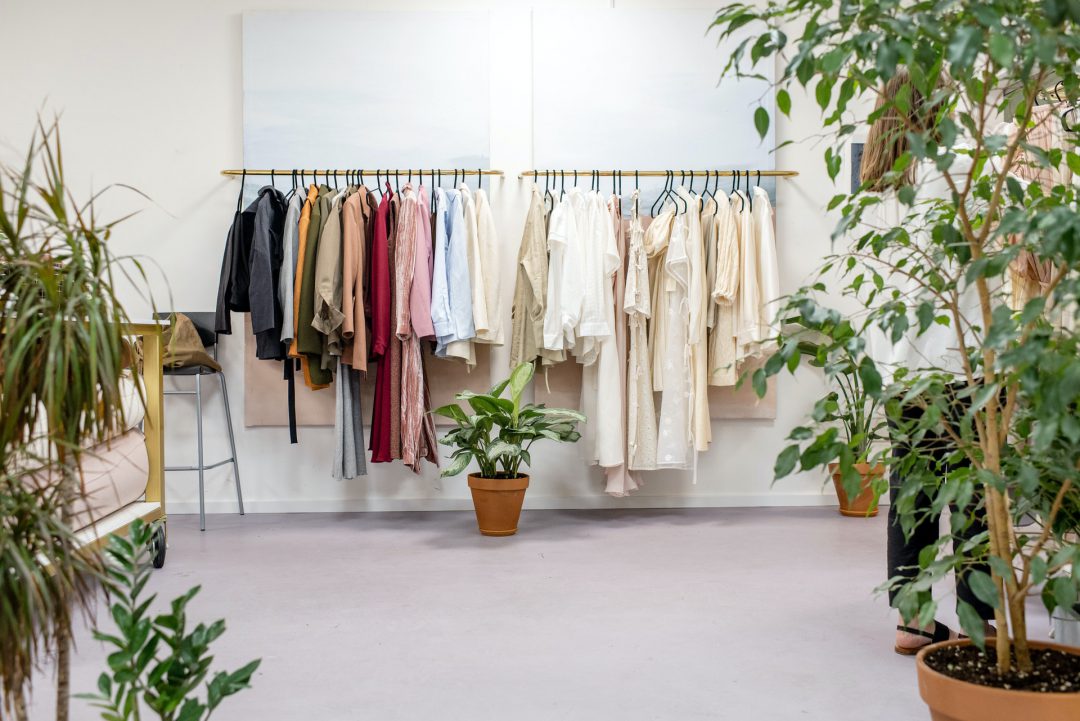

Orsola de Castro has been leading the charge for a more sustainable fashion industry since founding pioneering upcycled fashion brand From Somewhere in 1997. In 2006 she co-founded Estethica with the British Fashion Council to celebrate design excellence and sustainable practices, including the use of fair-trade organic fibers, upcycled and recycled materials. In 2013, Orsola co-founded Fashion Revolution, a global campaign to revolutionize the industry, to change the way we think about our clothes and the lives of the people who make them.
Orsola’s forward thinking approach and unceasing dedication to improving the industry she loves is a testament to the positive impact that passion and determination can have. Over the years she has launched initiatives to instigate change at consumer, design, manufacturing and brand levels, pushing for positive change across the industry. Although they’ve not all been for-profit initiatives, the tenacity and thorough understanding of the issues and stakeholders involved that Orsola demonstrates offers lessons that we can take and apply to business.
Sustainable Travel
Tourism is not a sustainable pursuit, yet it is fundamental to the global economy. And without travel introducing people to the incredible color, variety and vibrance of life on earth, it is unlikely we would have such a thriving culture of advocacy for the endangered animals, environments and traditions that need our protection.
Sustainable development in travel is not straightforward. Well-intentioned initiatives need to carefully weigh benefits with impact and consider people, places and cultures to find the best path forward. But one country is forging ahead when it comes to building an eco-friendly tourism industry.
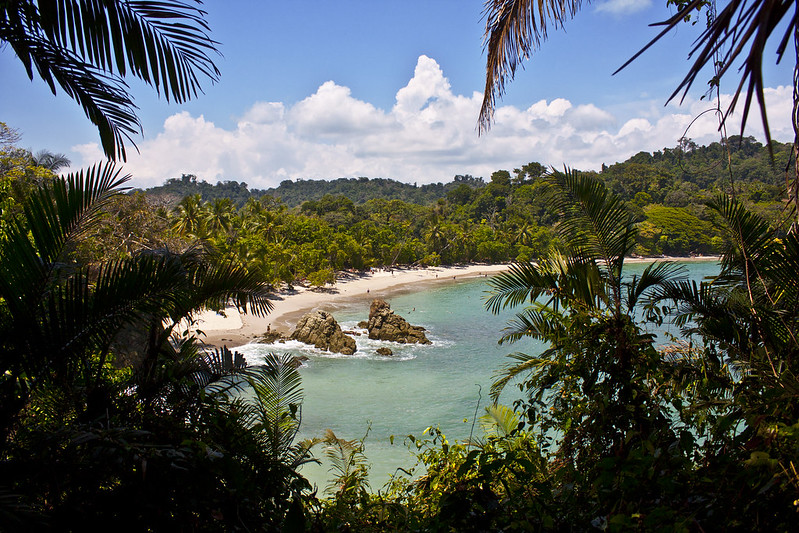

In September 2016 Costa Rica became the first country to sign a national pact to work towards the United Nations Sustainable Development Goals. Home to nearly 5% of the world’s biodiversity, this tiny nation has set an example that many other countries have scrambled to follow, protecting it’s incredible natural resources by establishing wildlife reserves and conservation projects, as well as ensuring that the country is safe and comfortable to visit. They’ve made it easy for visitors to embrace sustainable travel by creating certifications that define eco-friendly policies for hotels, B&Bs, hostels and other types of accommodation, while tour companies are ranked using a leaf system – so eco-conscious travelers can choose the leafiest.
Their thorough approach to building a sustainable tourism industry means they receive over a million visitors each year and will continue to do so, as protective measures ensure their incomparable natural resources are safeguarded for the future. Costa Rica has tackled the challenge of sustainability from every angle, ensuring that businesses have standards to reach for, that consumers can make informed decisions and that educational initiatives connect locals and visitors to the natural resources around them, ensuring a legacy of regenerative care.
Sustainable Fuel
Fuel is another major polluting force. The world consumes 100.6 billion tonnes of material per year and just 8.6% of that is recycled. And it’s been forecasted that usable reserves will run out in the next 50 to 150 years. It’s clear that we need to combat our reliance on virgin materials before there aren’t any left. Innovations that address this crisis in energy and build towards a circular fuel economy will be well placed for success.
Arthur Kay was an architecture student working on the design for a coffee shop when he had his lightbulb moment – what if waste coffee grounds could be used to power cities, homes and even cars? From that question, Bio Bean was born.


Bio Bean collects waste coffee grounds from universities, offices and coffee shops around the UK and turns them into industrial and home fuel products. They’re tackling our reliance on carbon-heavy fuel sources from all angles, whilst ensuring that 50,000 tons of waste coffee grounds are diverted from landfill, saving 80% of CO2 that would otherwise have been released into our atmosphere.
The innovative thinking from which the company was born has remained at the heart of their approach. The two products they have on sale will soon be joined by a host of others as their innovation lab continues to exploit every drop of potential from the waste coffee grounds they collect.
Bio Bean’s rapid growth provides an inspiring example of the circular economy at work. The curiosity of their founder has remained central to their precise and scientific approach, ensuring that the company maximizes profits and sustainability whilst servicing audiences across the spectrum.
Extracting Insights From the Experience and Expertise of Others
Here are three lessons from the examples we’ve explored that can be applied to any business venture:
- Identify a problem that you want to solve or one that you can meaningfully solve in relation to your business. Who are the stakeholders that need to be engaged for you to make a difference? Targeting initiatives at each level will ensure you have the biggest possible impact.
- Offer support to your customers, suppliers and partners to enable them to come on the journey to sustainability with you. Whether it’s guidelines, processes, standards, policies… if you can share your solutions with others, your impact will be exponentially larger.
- Innovation is not just present at the founding of successful companies. It is a thread that is woven through their core. Keep innovating, learning and asking questions to keep ahead of the curve.
Learn From Entrepreneurs and Business Leaders at EU Business School
At EU Business School we recognize the economic, social and environmental value of integrating sustainable principles into every business. We help our students to develop conscientious and socially responsible mindsets so that they’re prepared to build and lead the businesses of tomorrow. Our pragmatic approach to teaching incorporates company visits and guest speaker sessions so that students can learn from the experiences, successes and failures of today’s leaders.
We invite guest speakers like Stephane Bazire, founder of sustainability consultancy We Green, to share their insights with our students. Stephane, who advises clients on sustainable practices for sporting and other large-scale events, explained his approach to consulting for businesses in the experience economy and left students with a practical guide they can apply in their own careers.
If you’re interested in pursuing a business education that will prepare you to become one of tomorrow’s leaders, take a look at our programs, such as the BA (Hons) in Business Management (International Business) course which includes modules on sustainable development, sustainable supply chains and responsible management.







